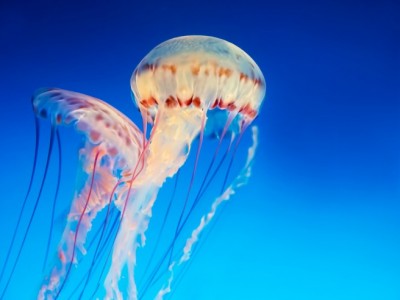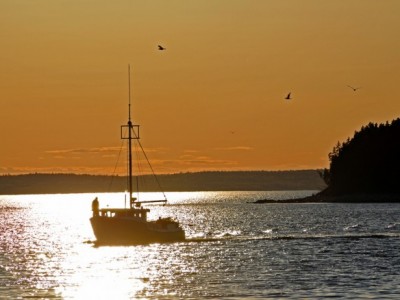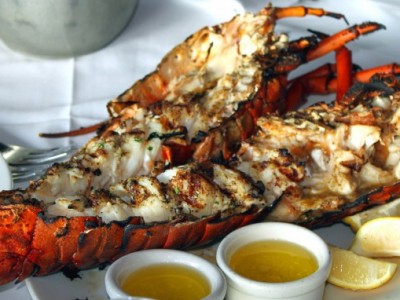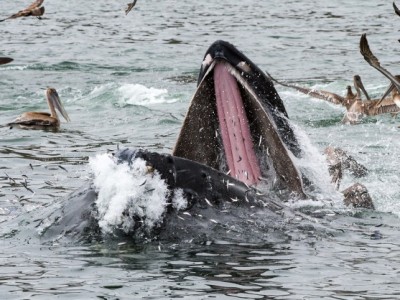Are we adapting to climate change, or resigning to it?
by Andrés M. Cisneros-Montemayor
In A Sand County Almanac, the landmark book on wilderness, ecology, and conservation, we are offered a short anecdote regarding a changing environment:
“I had a bird dog named Gus. When Gus couldn’t find pheasants he worked up an enthusiasm for Sora rails and meadowlarks. This whipped-up zeal for unsatisfactory substitutes masked his failure to find the real thing. It assuaged his inner frustration.” – Aldo Leopold (1949).








